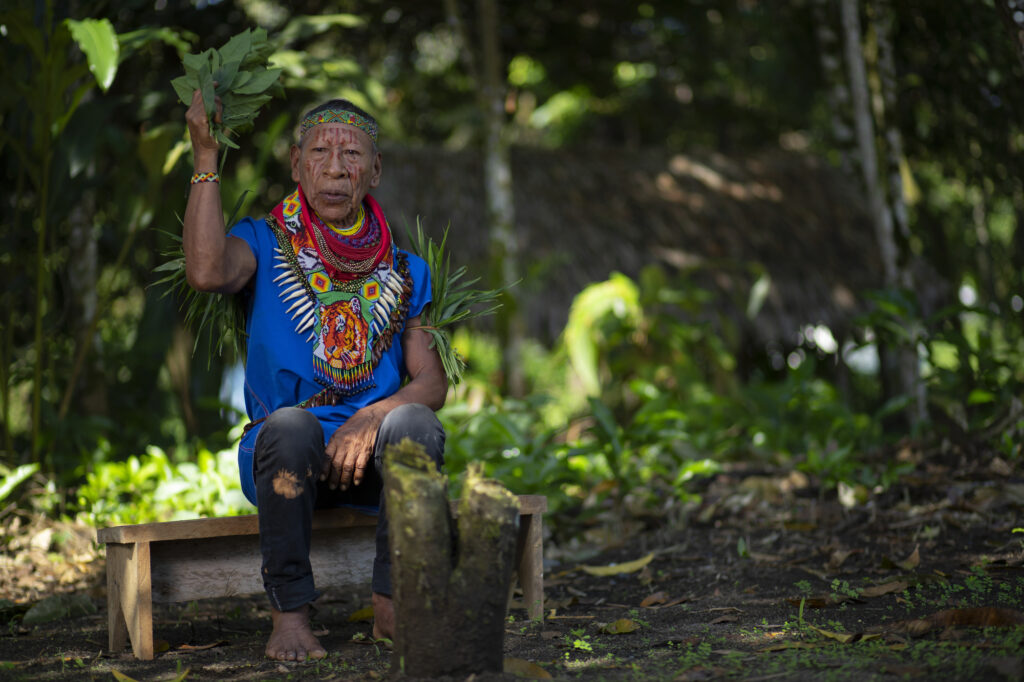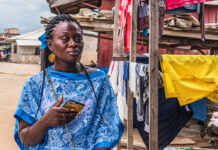A new article recently published in the journal Transcultural Psychiatry explores how anthropological and ethnographic accounts of indigenous healing across the globe are seemingly at odds with the movement for Global Mental Health (GMH). Thomas J. Csordas from the University of California San Diego argues that the tension between GMH and indigenous healing highlights how GMH projects often fail to account for religiosity, ritual, and spirituality in their understanding of healing and recovery.
“These questions are relevant both when GMH is understood as a movement intent on providing equitable access to mental healthcare in places that do not have it, and when it is understood as a part of the interdisciplinary scholarly field,” Csordas writes.
 Global Mental Health is a field wrought with controversy. Critics argue that the field is built on an inherently colonial logic and relies heavily on a biomedical model of mental health, leaving very little room for other ways of knowing and healing.
Global Mental Health is a field wrought with controversy. Critics argue that the field is built on an inherently colonial logic and relies heavily on a biomedical model of mental health, leaving very little room for other ways of knowing and healing.
As GMH has expanded and ‘psychiatrized’ cultures and peoples, there have been increases in diagnosis and pharmaceutical sales. Still, it remains uncertain whether there has been an increase in healing. Recently the World Health Organization has pushed to make GMH rights-based. However, integration of indigenous healing practices is necessary to move the field toward inclusive and human rights-based practices.
In the article, the author first outlines the current landscape of GMH literature and indigenous healing. Some authors feel that GMH will never be able to account for indigenous healing. In contrast, when done correctly, others feel that Global Mental Health is one of the few mental health fields that can account for indigenous healing and act as a corrective to the current dominance of biological psychiatry.
Csordas, after outlining different anthropological experiences with indigenous healers, attempts to reconcile the incongruence by advocating for the adoption of an intentional approach to the “rhetorical model of the therapeutic process.” The process, for Csordas, embodies and thoughtfully accounts for the diverse themes and meanings that are often found in indigenous healing to incorporate indigenous healers better while allowing GMH scholars, practitioners, and researchers to continue to work within their ways of knowing.
“Each healing form is grounded in a distinctive cultural milieu that we should take into account in determining their relation to GMH in theory and practice,” Csordas writes. “While GMH will benefit in general from an ethnographic sensibility that appreciates diversity among such healing forms, it also needs a systemic approach to what therapeutic elements they have in common.”
This systemic approach, the rhetorical model of the therapeutic process, has four crucial parts that all necessitate that the healer, practitioner, or onlooker understand that the person help-seeker/service-user/stakeholder:
- Has the disposition to be helped via ritual (in whatever ritual may mean to them) rather than medicine.
- The individual may find meaning and experience in their life outside of the day-to-day, for example, in the divine or beyond the human condition to something sacred or holy.
- That by virtue of finding meaning in a ‘higher power,’ they too may also find healing there.
- What counts as change and healing to an individual depends on their context, desire, and understanding of their relationship to their healer, their healing, and what heals them.
The author concludes:
“Attention to the therapeutic process with the rhetorical model as a tool can at least remind GMH practitioners of the goal they share with indigenous healers despite cultural and epistemological differences.”
****
Csordas, T. J. (2021). The Challenge of Indigenous Healing for Global Mental Health. Transcultural Psychiatry, 13634615211038167. (Link)














